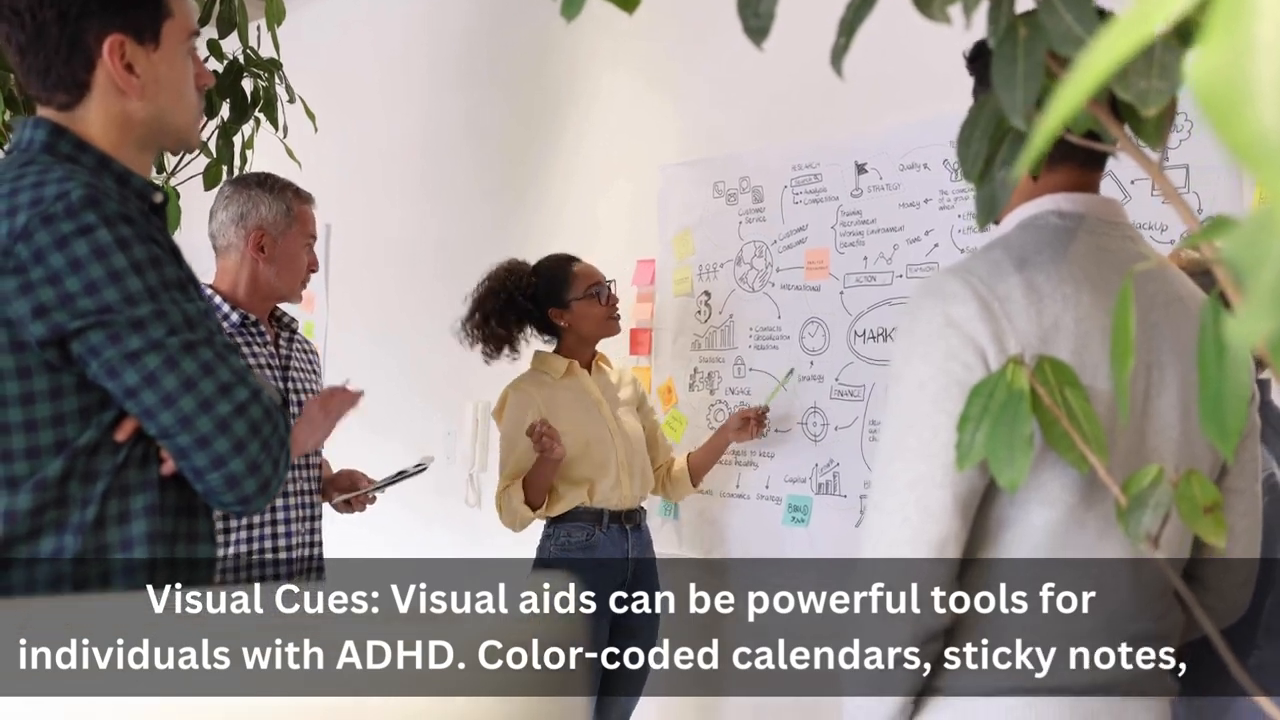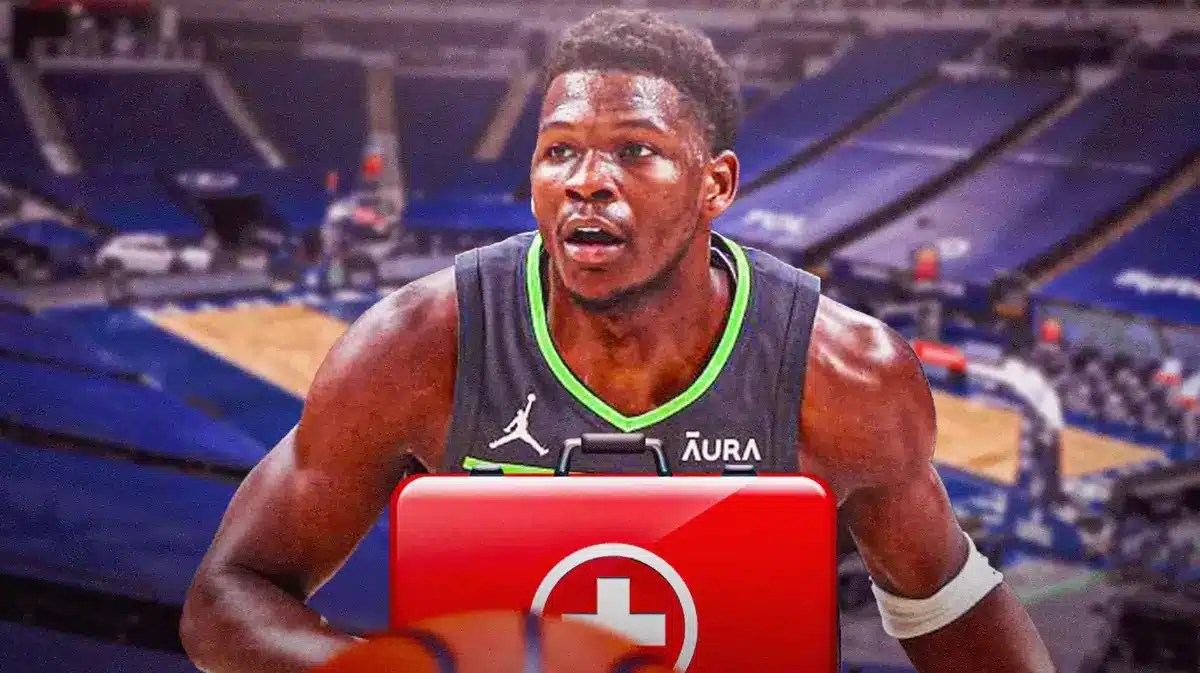Coping With A Potential Adult ADHD Diagnosis

Table of Contents
Understanding Adult ADHD Symptoms and Diagnostic Criteria
Understanding the symptoms of Adult ADHD is crucial in the diagnostic process. While often associated with hyperactive children, Adult ADHD manifests differently, sometimes subtly. The core symptoms remain: inattention, hyperactivity, and impulsivity, but their expression changes with age.
Key Differences in ADHD Symptoms:
- Childhood: May present with obvious hyperactivity, restlessness, and disruptive behavior.
- Adulthood: Hyperactivity might be internalized as restlessness or anxiety. Impulsivity could manifest as financial irresponsibility or relationship difficulties. Inattentiveness might lead to missed deadlines, disorganization, and difficulty focusing on tasks.
Diagnostic Criteria for Adult ADHD:
- Inattentiveness: Difficulty sustaining attention, easily distracted, forgetful, disorganized. Examples include frequently losing things, struggling to follow instructions, and having difficulty with sustained mental effort.
- Hyperactivity/Impulsivity: Restlessness, excessive talking, interrupting others, difficulty waiting their turn. Adults might experience internal restlessness, difficulty relaxing, or acting before thinking.
It's vital to remember that a proper diagnosis requires a comprehensive evaluation by a qualified healthcare professional, such as a psychiatrist or psychologist. They use various tools, including:
- Questionnaires: Standardized assessments like the Adult ADHD Self-Report Scale (ASRS).
- Interviews: Detailed discussions about your symptoms, history, and daily challenges.
Navigating the Diagnostic Process: What to Expect
The journey to an ADHD diagnosis involves several steps. Understanding what to expect can ease anxiety and empower you to actively participate.
Steps in the ADHD Assessment:
- Scheduling: Contact a psychiatrist or psychologist specializing in ADHD. Many offer initial consultations to discuss your concerns.
- Information Gathering: Before your appointment, gather information about your symptoms, challenges, family history of ADHD, and any relevant medical information.
- Assessment Methods: The professional will likely employ a combination of methods, including questionnaires, clinical interviews, and possibly neuropsychological testing to rule out other conditions. Be prepared to answer detailed questions about your childhood and adult life.
- Diagnosis and Discussion: Your healthcare provider will discuss the diagnostic criteria, explain their findings, and answer your questions. This is a vital step for understanding the implications of a diagnosis.
Coping Strategies and Support for a Potential ADHD Diagnosis
Waiting for or receiving an ADHD diagnosis can be emotionally challenging. Implementing coping strategies proactively is beneficial.
Effective Coping Mechanisms:
- Stress Management: Practice mindfulness, engage in regular exercise, and prioritize sleep. These techniques help manage the emotional toll of uncertainty.
- Organization Strategies: Use planners, to-do lists, and time management techniques (Pomodoro technique) to improve focus and productivity.
- Therapy: Cognitive Behavioral Therapy (CBT) can help you develop coping skills and manage ADHD-related challenges. ADHD coaching provides personalized guidance and support.
- Medication: Your doctor might recommend medication to manage symptoms, but this is a personal decision with potential benefits and side effects to consider.
- Support Groups: Connect with others navigating similar experiences through online communities or support groups. Sharing experiences can reduce feelings of isolation.
Living with an ADHD Diagnosis: Long-Term Management and Support
Receiving an ADHD diagnosis is not the end of the journey; it's the beginning of proactive management and support.
Long-Term ADHD Management:
- Regular Check-ups: Schedule regular appointments with your healthcare provider to monitor your progress and adjust your treatment plan as needed.
- Ongoing Therapy: Therapy provides ongoing support and tools to manage challenges throughout your life.
- Adapting Strategies: Your coping mechanisms might require adjustments over time, as your needs and circumstances evolve.
- Self-Advocacy: Learn to advocate for your needs at work, school, or in social settings. Understanding your challenges and communicating them effectively is key.
- Resources: Utilize online resources, books, and workshops to continue learning about ADHD and enhancing your management strategies.
Conclusion
Coping with a potential Adult ADHD diagnosis requires a multifaceted approach. Understanding the symptoms, navigating the diagnostic process, and implementing effective coping strategies and support systems are essential steps. Remember, receiving a diagnosis doesn't define you; it provides clarity and empowers you to seek appropriate support and develop personalized strategies for success. If you suspect you may have Adult ADHD, take the first step – schedule a consultation with a qualified healthcare professional. Don't let uncertainty hold you back from living a fulfilling life. Begin your journey towards better understanding and management of your ADHD today.

Featured Posts
-
 Reagan Airport Collision Averted Investigation Reveals Pilot Error
Apr 29, 2025
Reagan Airport Collision Averted Investigation Reveals Pilot Error
Apr 29, 2025 -
 Thunder Over Louisville Fireworks Canceled Ohio River Flooding
Apr 29, 2025
Thunder Over Louisville Fireworks Canceled Ohio River Flooding
Apr 29, 2025 -
 Buying Tickets For The Capital Summertime Ball 2025
Apr 29, 2025
Buying Tickets For The Capital Summertime Ball 2025
Apr 29, 2025 -
 Hungary Stands Firm Economic Ties With China Remain Despite Us Pressure
Apr 29, 2025
Hungary Stands Firm Economic Ties With China Remain Despite Us Pressure
Apr 29, 2025 -
 Anthony Edwards Injury Update Will He Play Lakers Vs Timberwolves
Apr 29, 2025
Anthony Edwards Injury Update Will He Play Lakers Vs Timberwolves
Apr 29, 2025
Latest Posts
-
 Is Epic City Development On Hold Governors Warning And Developers Denial
May 13, 2025
Is Epic City Development On Hold Governors Warning And Developers Denial
May 13, 2025 -
 Cornyn And Paxton Launch Investigations Into Epic City Doj And State Probes Begin
May 13, 2025
Cornyn And Paxton Launch Investigations Into Epic City Doj And State Probes Begin
May 13, 2025 -
 Gov Abbott Issues Cease And Desist Order Epic City Project Update
May 13, 2025
Gov Abbott Issues Cease And Desist Order Epic City Project Update
May 13, 2025 -
 New Muslim Community In Texas Faces Setbacks After Mosque Restrictions
May 13, 2025
New Muslim Community In Texas Faces Setbacks After Mosque Restrictions
May 13, 2025 -
 Doj Probes Planned Muslim Community In Texas
May 13, 2025
Doj Probes Planned Muslim Community In Texas
May 13, 2025
